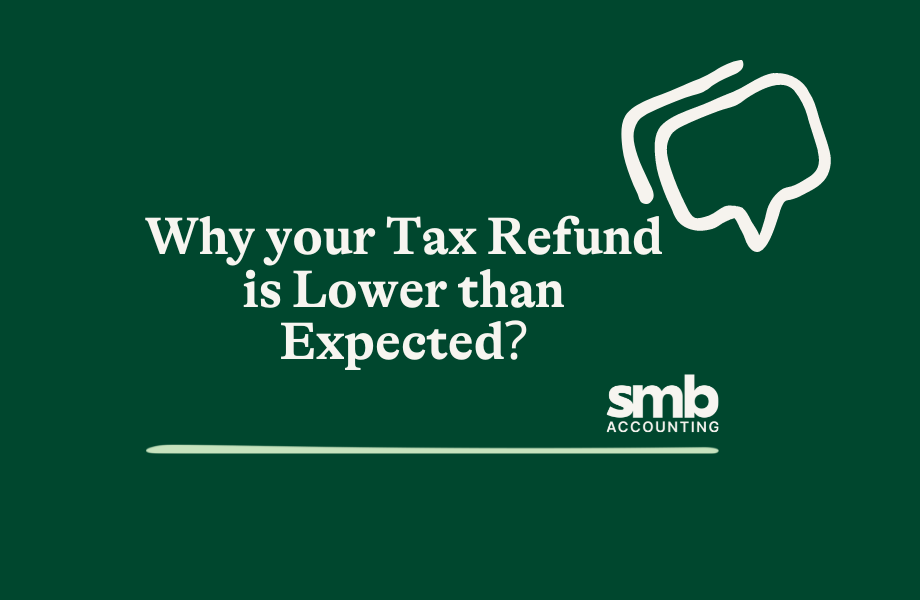Master the New Tax Deduction Rules for Small Businesses
Running a small business comes with its own set of challenges, but managing finances and taxes while staying compliant with regulations can be especially daunting. In an ever-changing tax landscape,…










